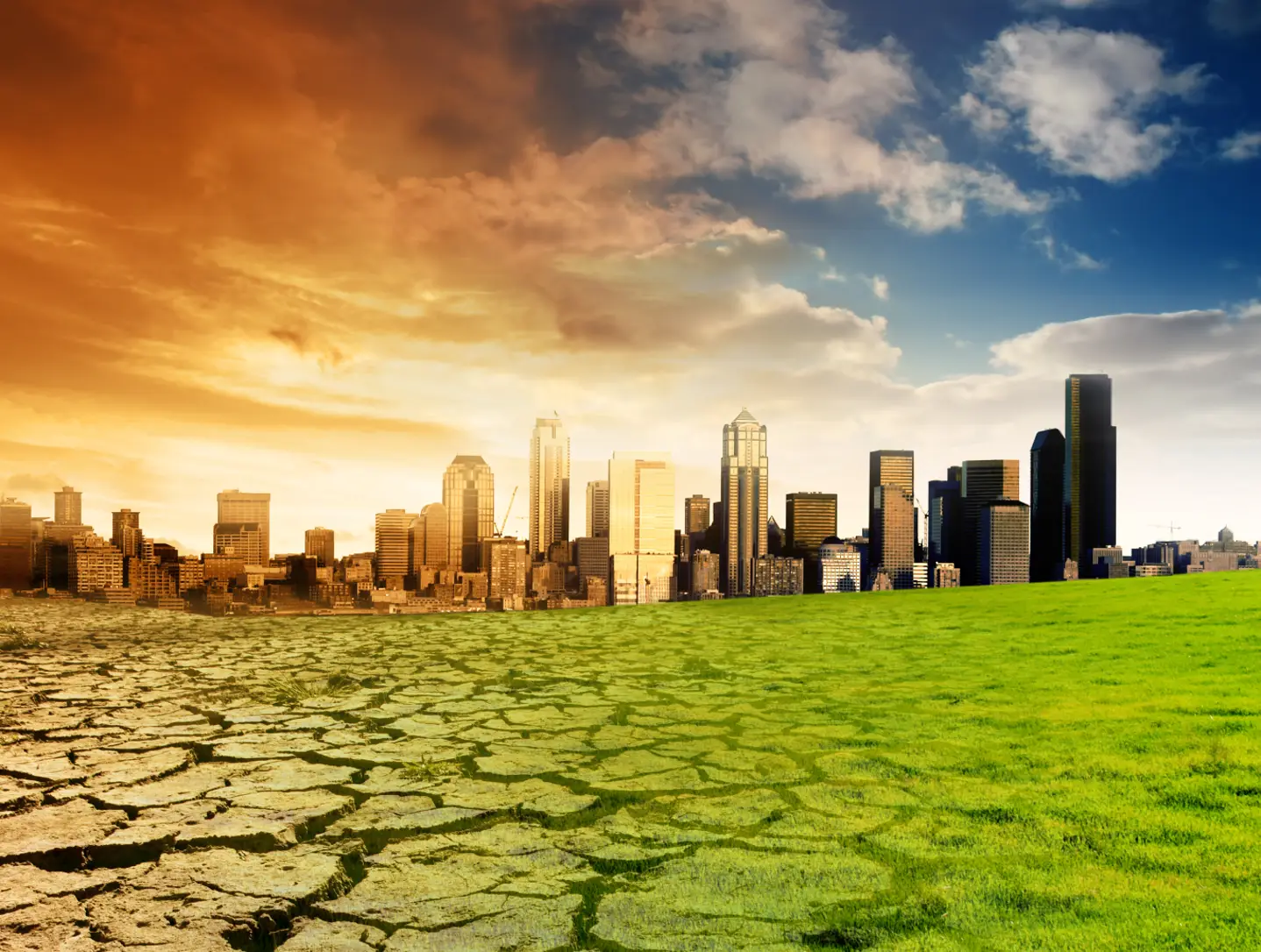Key Priorities: U.S. Department of Energy
At the Department of Energy (DOE) we got to
hear from a range of speakers from various teams including International
Affairs, Loan Programs Office, Office of Energy Efficiency and Renewable
Energy, Advanced Research Projects Agency-Energy (ARPA-E). We also got to hear
from Deputy Secretary David Turk and Erin Moore who is the Chief Human Capital
Officer.
One theme that kept coming up across all
the offices that came to talk to us was recent legislation that has passed in
the US that will help us meet our Nationally Determined Contributions (NDCs)
for the Paris Agreement. Between the Bipartisan Infrastructure Law (BIL),
Creating Helpful Incentives to Produce Semiconductors and Science Act of 2022
(CHIPS Act), and Inflation Reduction Act (IRA), the Department of Energy has
been tasked with spending over $100 billion on various programs. One speaker
described these pieces of legislation saying that “the US is finally putting
our economic weight behind climate change.” With all this money comes a need
for talent to help run programs and implement all this legislation and we heard
a number of speakers talk about how thousands will be hired across the
government to help meet the climate challenge, including through the DOE’s
Clean Energy Corps.
The International Affairs Team talked about
their three main goals:
- Keep 1.5 degrees within reach
- Have a renewed focus on energy security
- Make sure that we are accruing the benefits of the clean energy transition to communities that have been overburdened by climate change, BIPOC communities, etc.
We were able to hear from Michael Berube who is the Deputy Assistant Secretary for Sustainable Transportation. He really emphasized the importance of working with industry to make the environment a priority in the marketplace. From the ARPA-E team we heard about the work they’re doing to accomplish the various facets of their mission including:
● Reducing the import of energy
● Increasing energy efficiency
● Reduce carbon emissions
● Deal with radioactive waste
● Increase energy security
We got to hear from a number of the fellows about technology they’re individually excited about including superconductors, fusion, cultivated meat, and membrane technology. It was exciting to hear about this division that is looking at exciting new technology and has the flexibility and freedom to do so in a way that the private sector doesn’t have the ability to. Finally, we finished off with a conversation with Deputy Secretary David Turk. He was able to give us a lot of career advice as we leave our graduate programs and enter into the world. There were three main takeaways from his talk I found really interesting.
- Working with people you respect is a big part of day to day satisfaction in a job.
- Do a good job with the job you have. This will go far and gain you respect.
- If you’re getting too comfortable in a job, it’s time to push yourself and try something new.
Author: Maya Patel, https://www.linkedin.com/in/maya-m-patel/

Climate change
The energy sector is
central of efforts to
combat climate change

Climate change
In a hotter world energy
efficiency is more
important than ever
